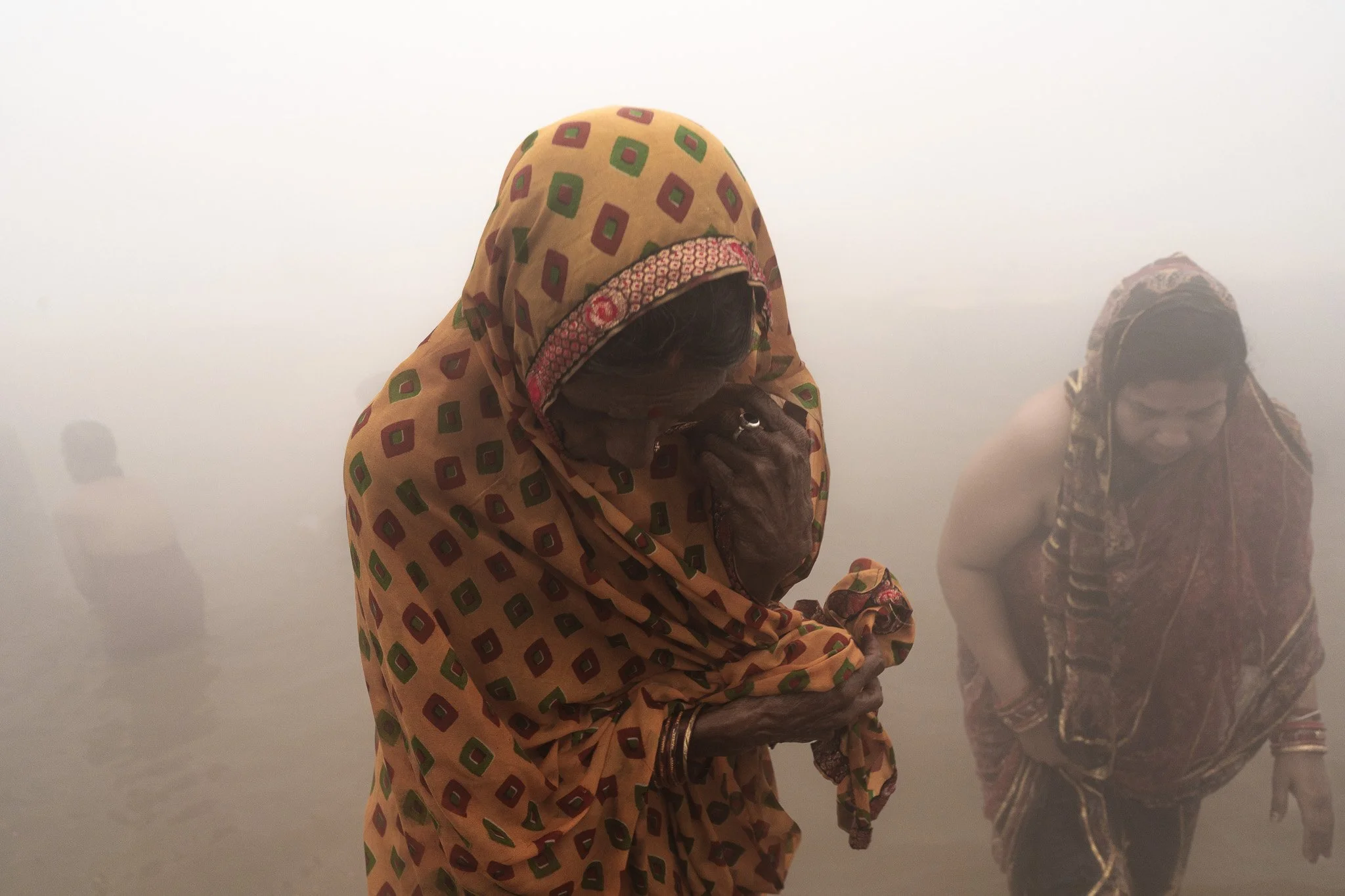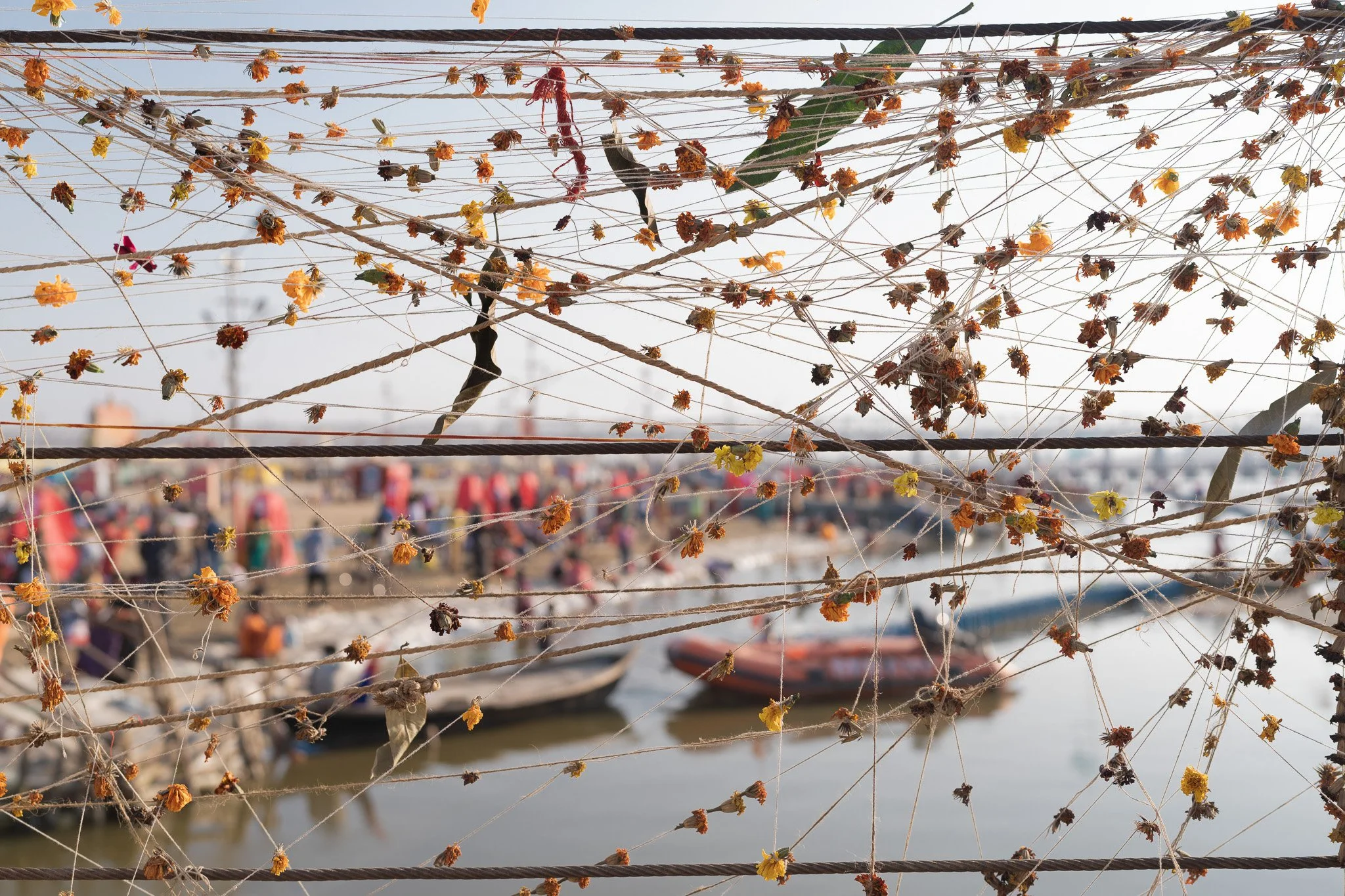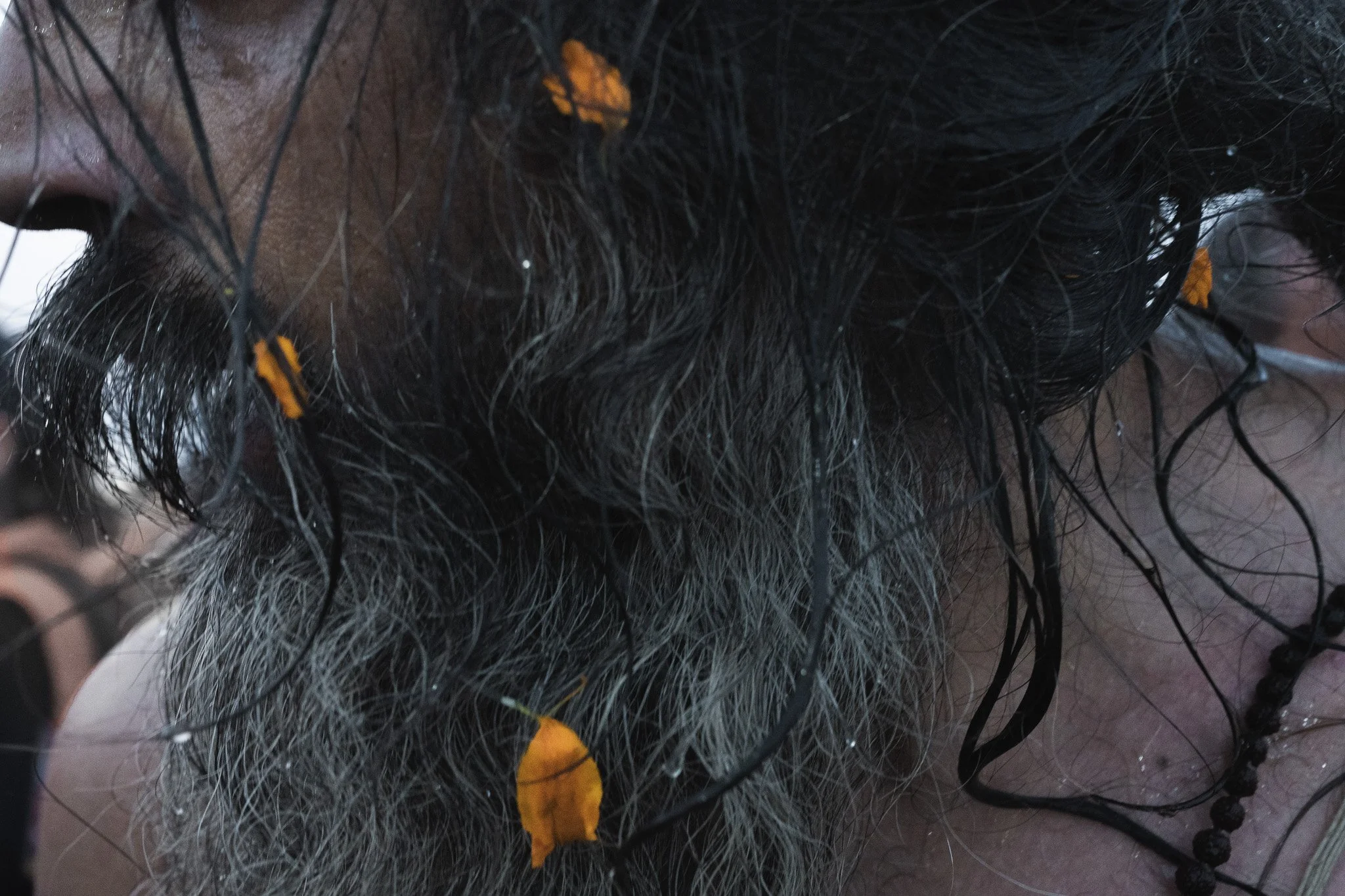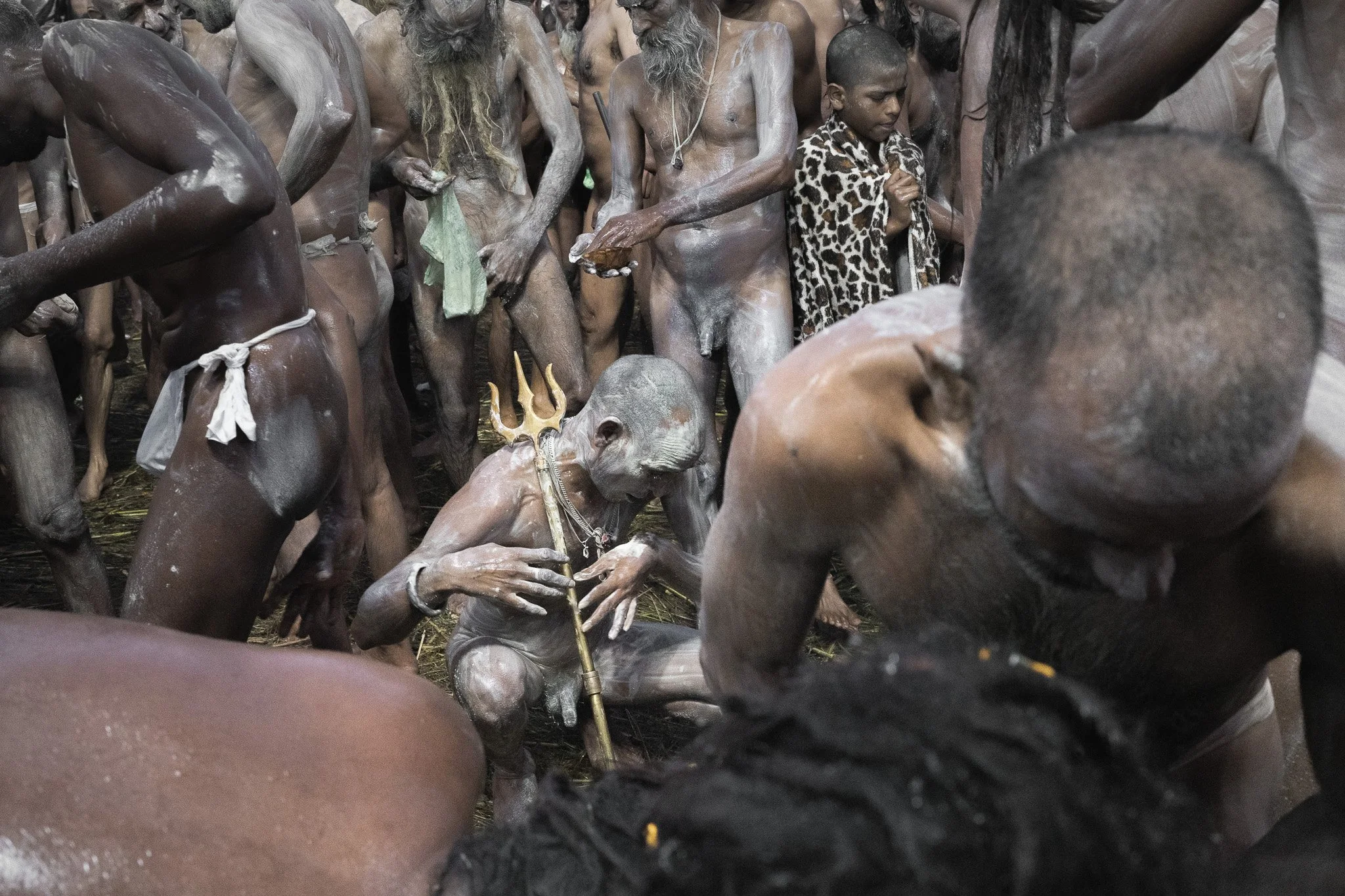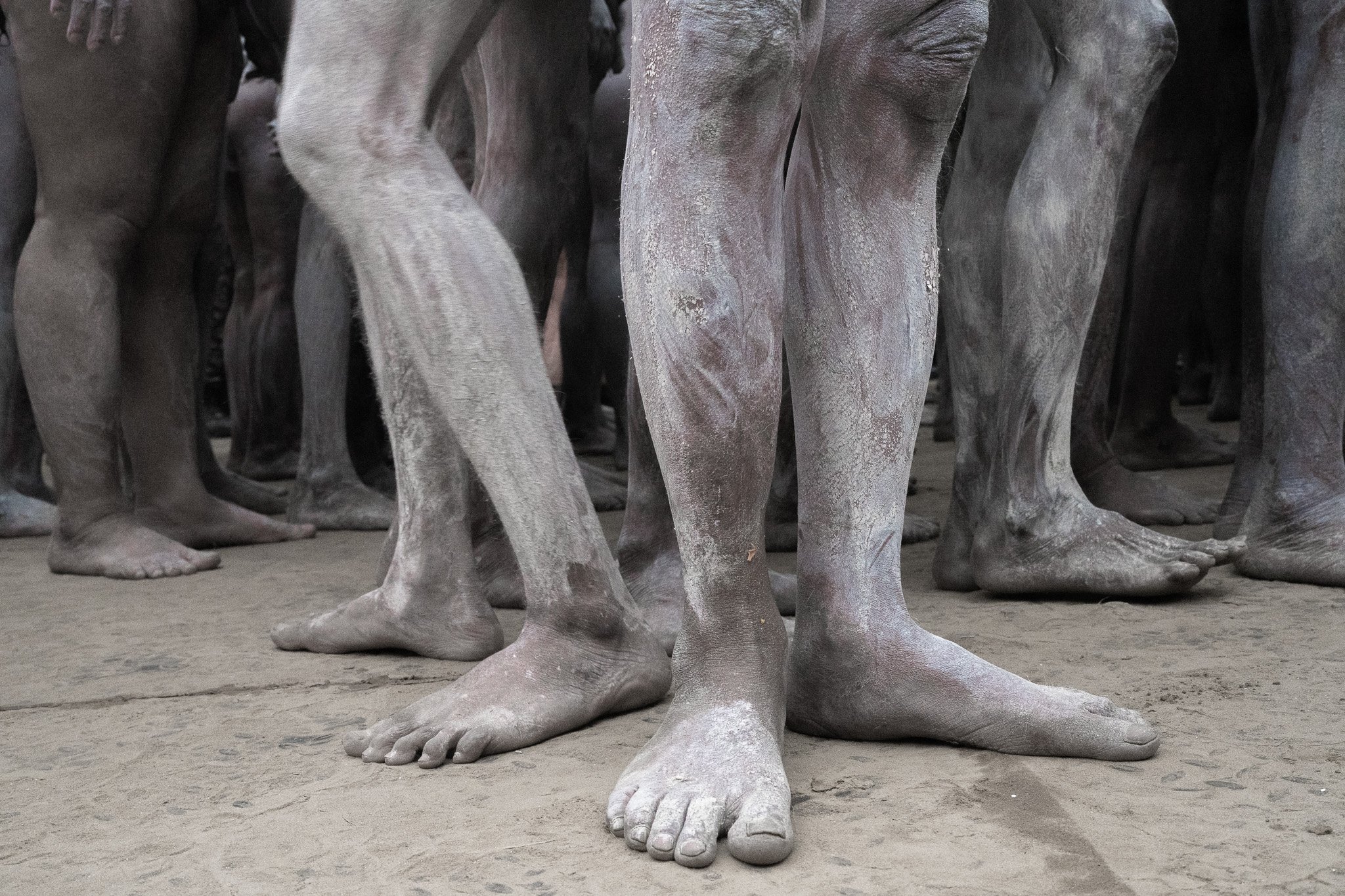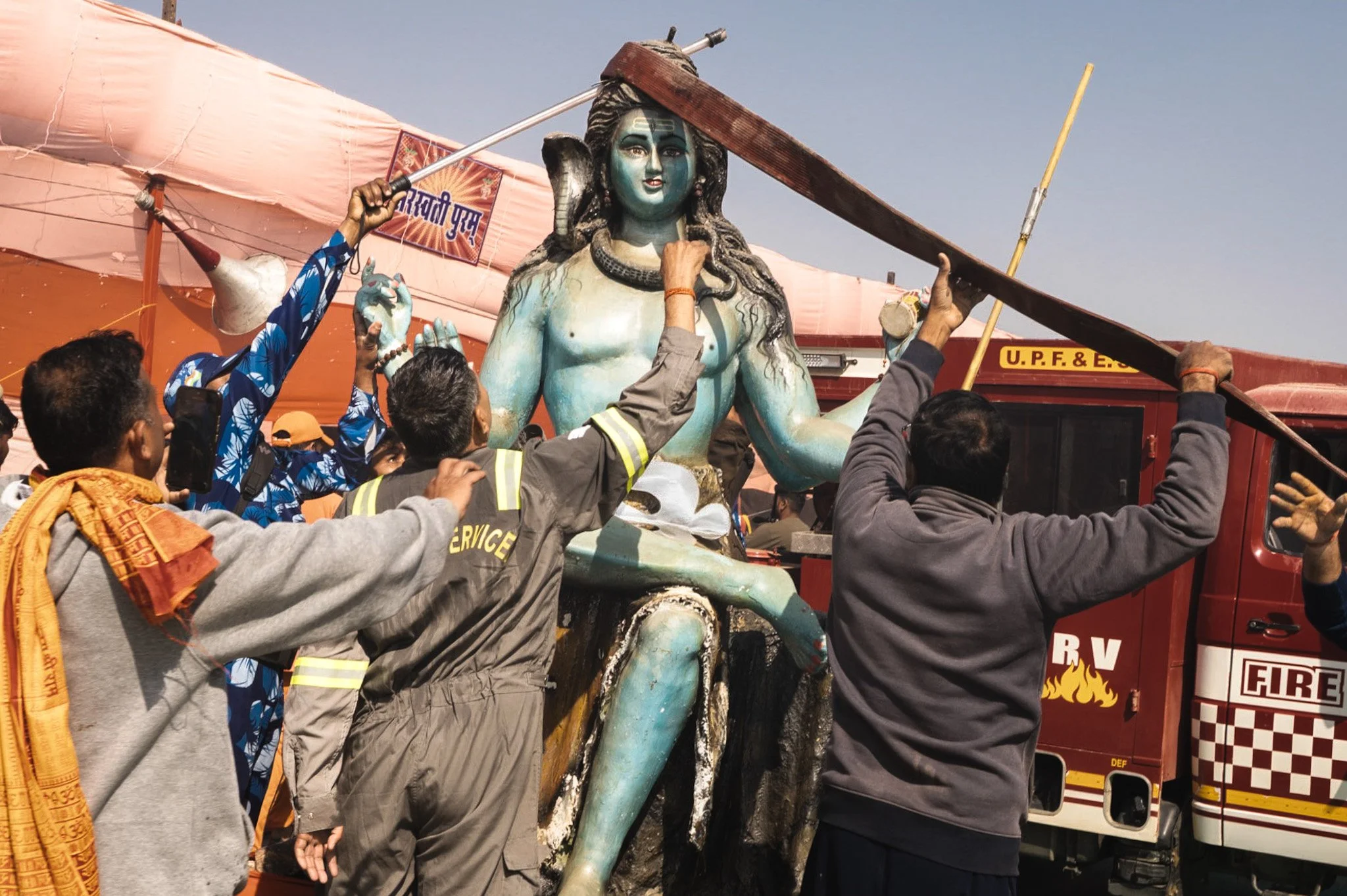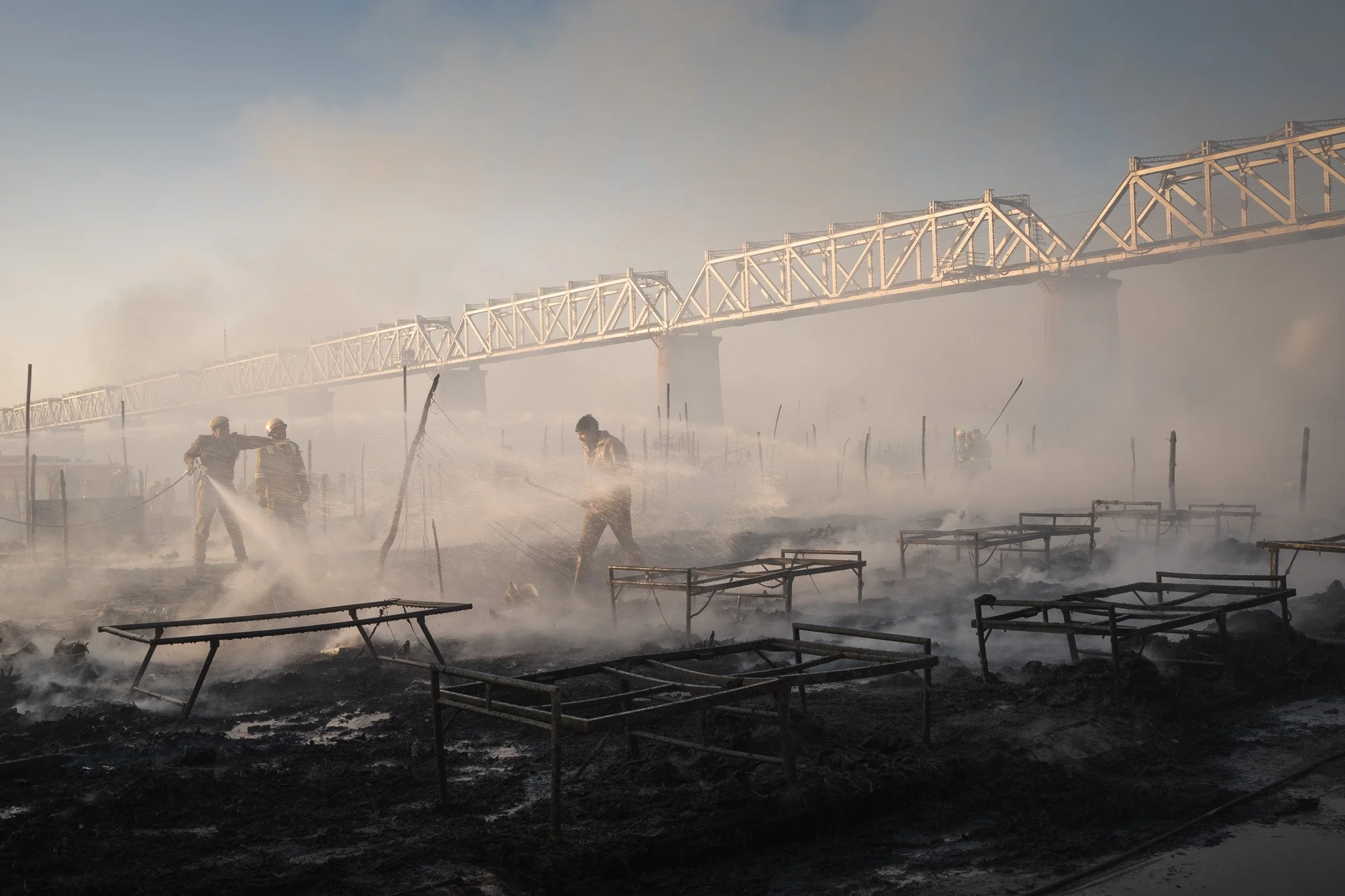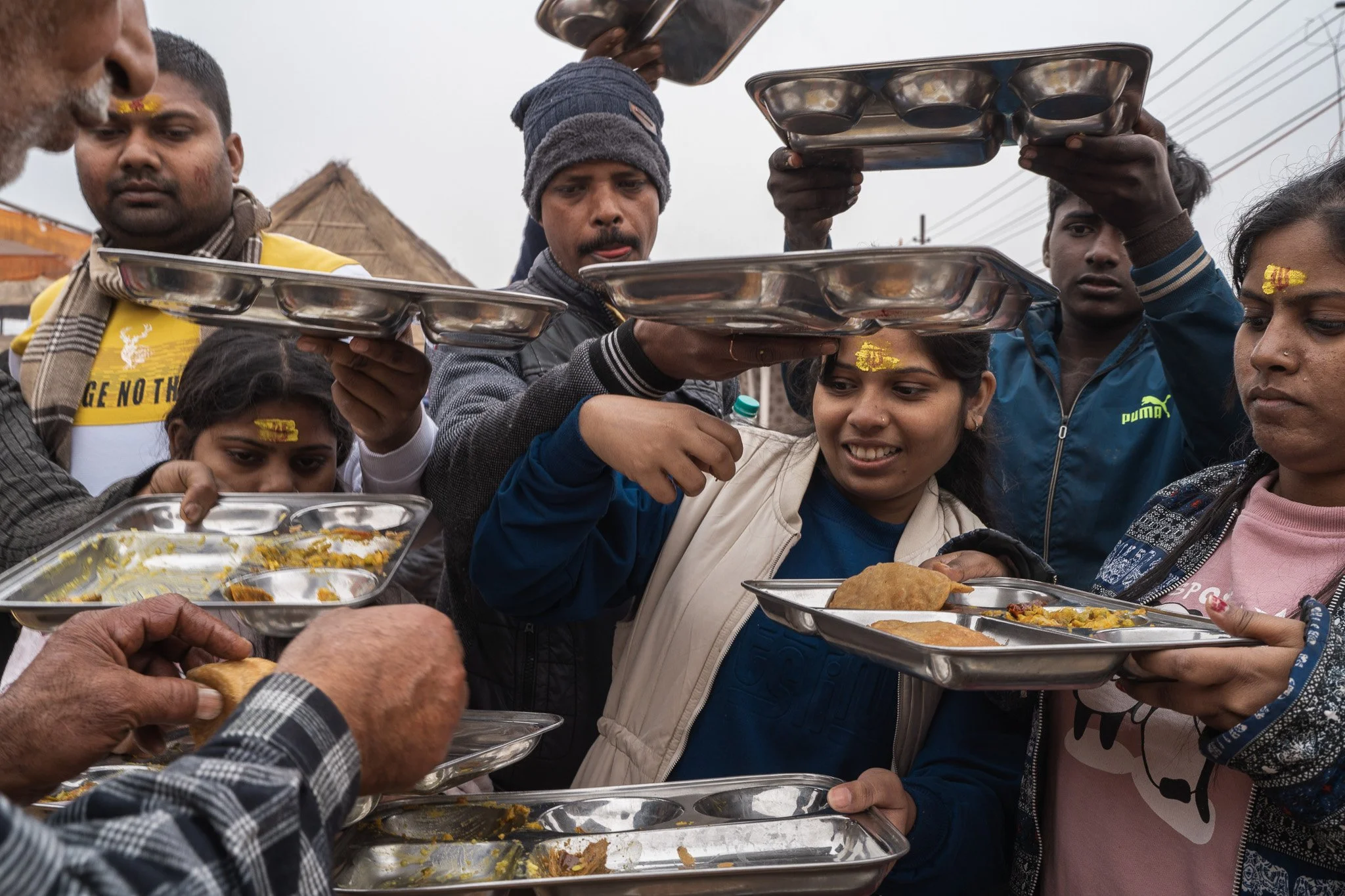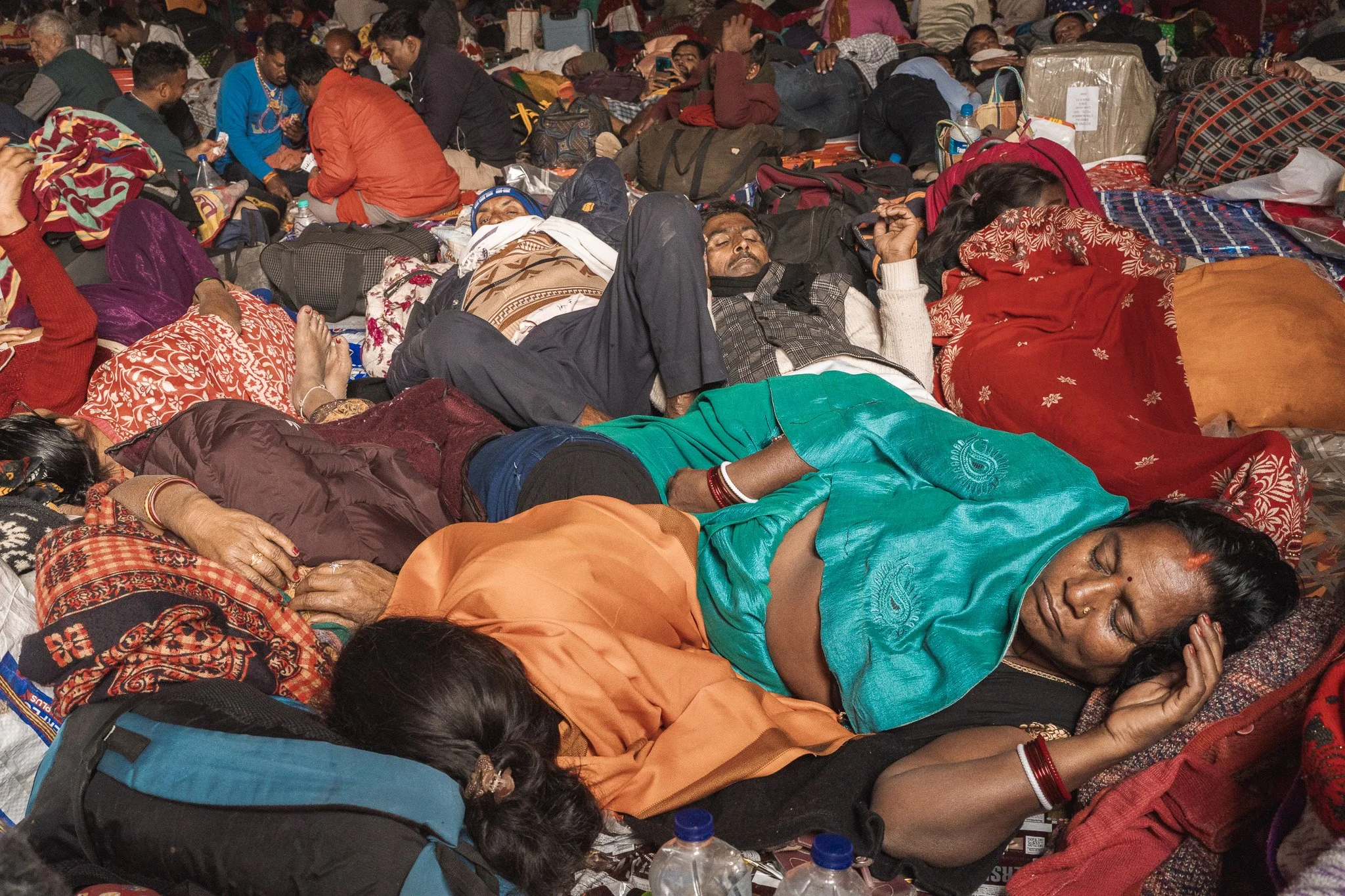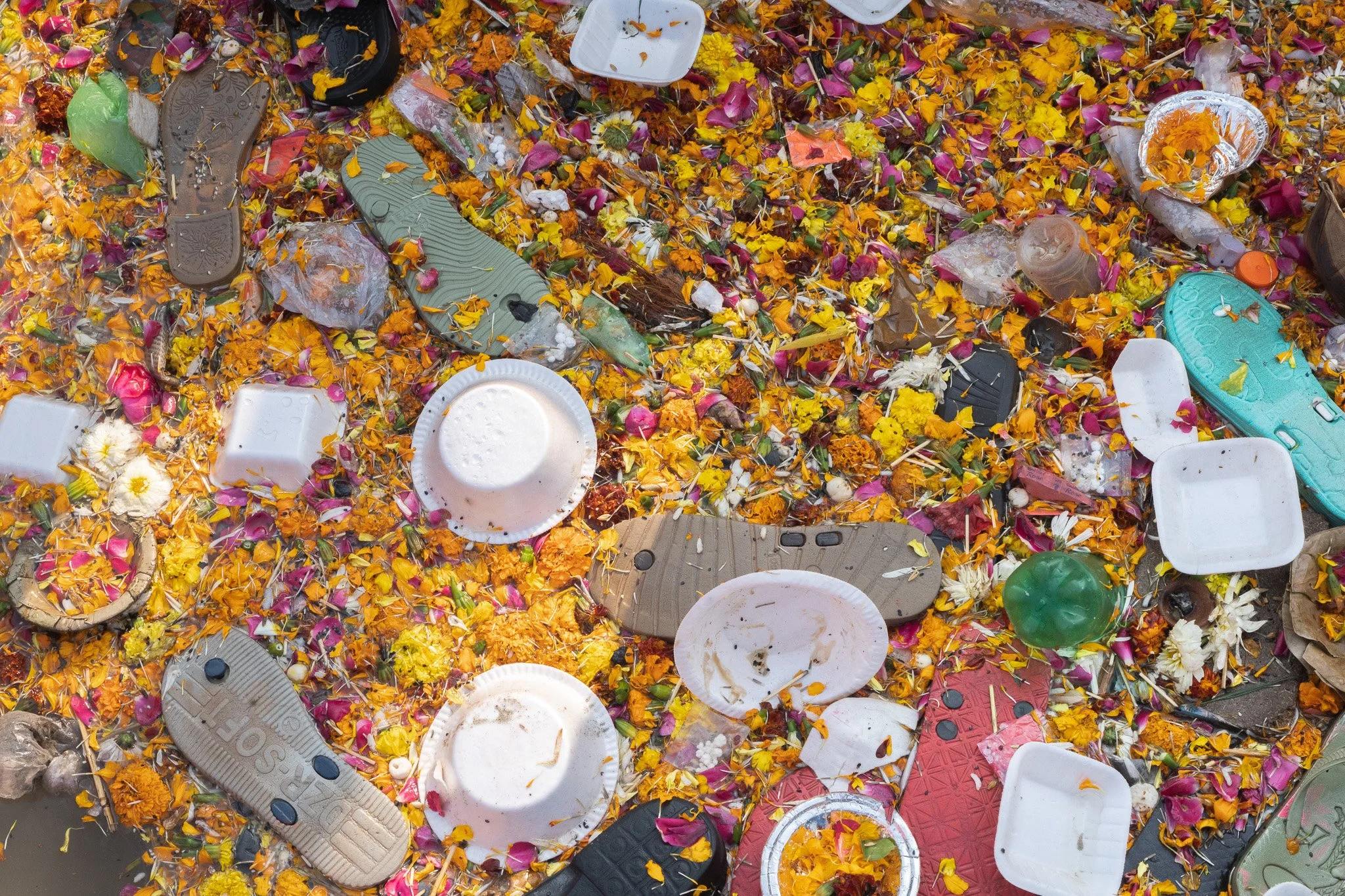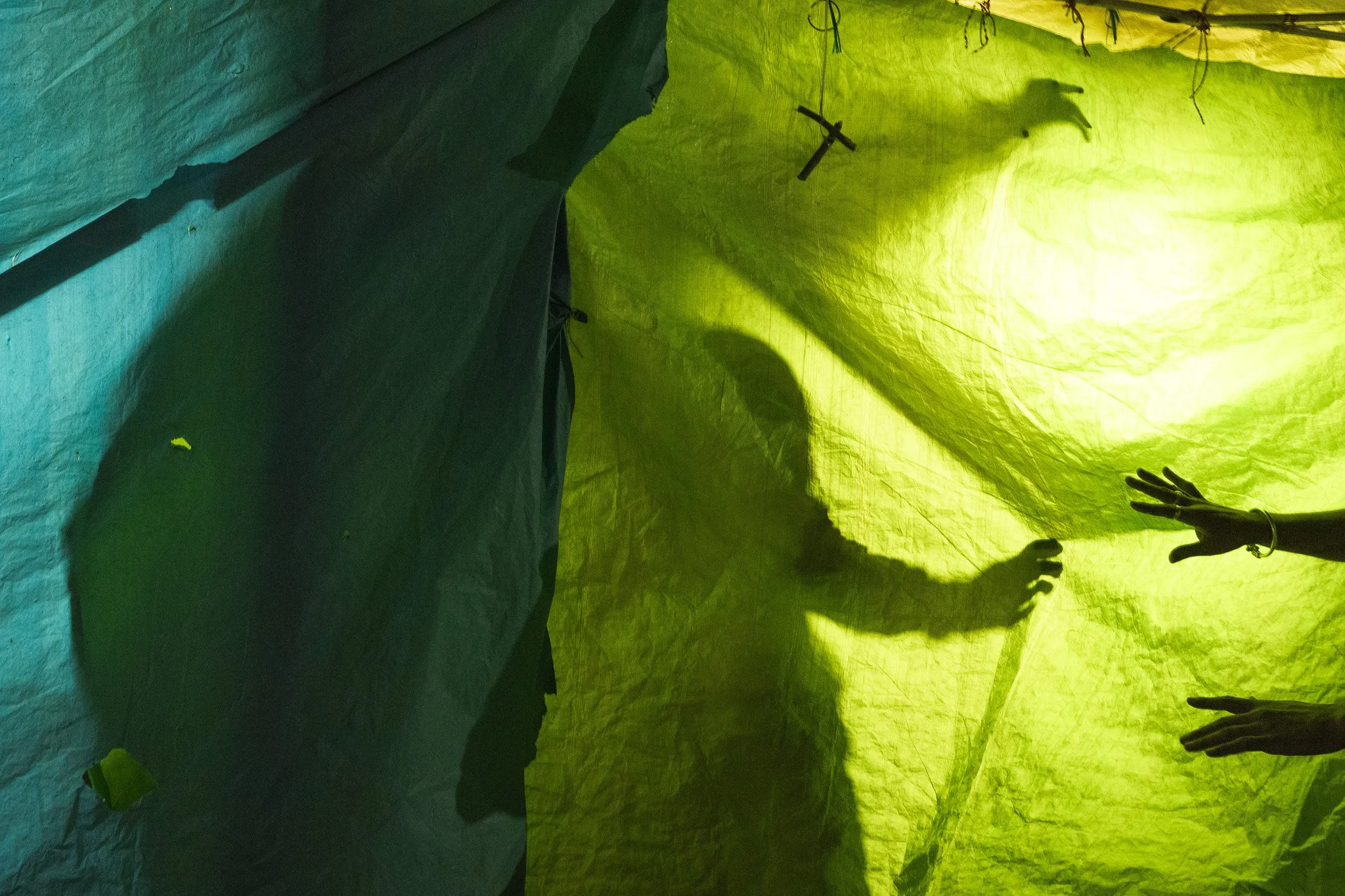January/February 2025
The story tells that 1,400 years ago, along the sacred banks of the Ganga River in a place called Prayagraj, something extraordinary happened. Since then, every 144 years, people from every corner of India, and even from faraway lands, have gathered here for a grand celebration known as the Maha Kumbh Mela. Over time, it has become more than just a religious festival—it is the largest human gathering on Earth, transforming an empty riverbank into a bustling city unlike any other.
The latest Maha Kumbh Mela took place from January 13 to February 27, 2025. Over 660 million people came together during these 45 days, to take a dip in the Holy Ganga, sharing spaces, food, and time together. In the temporary city of the Kumbh Mela, there are no locked doors, no real boundaries. Strangers become neighbours, and neighbours turn into friends. You might encounter a young mother who traveled from afar with her child, hoping to purify her soul and make some money selling chai on the streets. Yet, she ends up offering steaming cups for free to old Babas, wandering holy men. But in this city, it is not only ordinary humans who are present. In a culture where nudity is considered taboo, naked men covered in ashes purify souls with peacock sticks. Some claim to have lived more than 130 years free from disease, some grow food on their heads, and some even nest pigeons there. Life here is not about your job, how much money you have, or what car you drive. It is about giving, sharing, accepting, and connecting.
People from all over India, representing different schools of Hinduism, come to celebrate the perfect alignment of the planets, singing, dancing, and offering food and accommodation. In this city, nobody goes hungry; free food is provided to all, regardless of religion, origin, gender, or age. Of course, nothing is perfect. In a crowd this vast, there are moments of chaos, losses, even minor incidents. But somehow, through the collective spirit of trust and faith, everything keeps flowing. The rhythm never truly breaks. It might be hard to imagine if you’ve grown up in a world where people cherish privacy, where doors are closed, and space is guarded. You may be accustomed to seeing people living enclosed within four walls, driving private cars, and spending their days apart. But here, in the city that does not exist, life is communal. People eat together, sleep together, and pray together. They have adapted to less, less space, less luxury, less control—and in doing so, they discovered more. As the cycle of samsara teaches every Hindu, nothing is permanent. And just as the Maha Kumbh Mela began, it will also end. There were homes as far as the eye could see, hospitals, sanitation systems, food stalls, and roads. It was a city built on the sandbanks of the Ganga, created by people working together with faith, cooperation, and trust.
And then, when the festival was over, something fascinating happened. People packed up their tents, rolled up their carpets, and left, leaving almost nothing behind but the soft sands of the riverbank. The city disappeared as quickly as it had appeared, like a dream you almost can’t believe you had. But the people who had been there never forgot what they learned. They had seen with their own eyes that life doesn’t need to be about holding on to things forever. They had witnessed that when people come together with patience, kindness, and faith, they can create something truly special—even if it lasts for just a short while. And so, the city that does not exist left behind a lesson, not just for the people of India but for the whole world. It reminded humans that life is always changing, and that’s okay. What matters is how we treat each other, how we share what we have, and how we come together when it truly counts. A world where it’s not what you wear, what you own, or where you come from that matters, but who you are within, and your ability to share peace with others. A world where unity, patience, and kindness are the most powerful magic of all.
Namaste.
